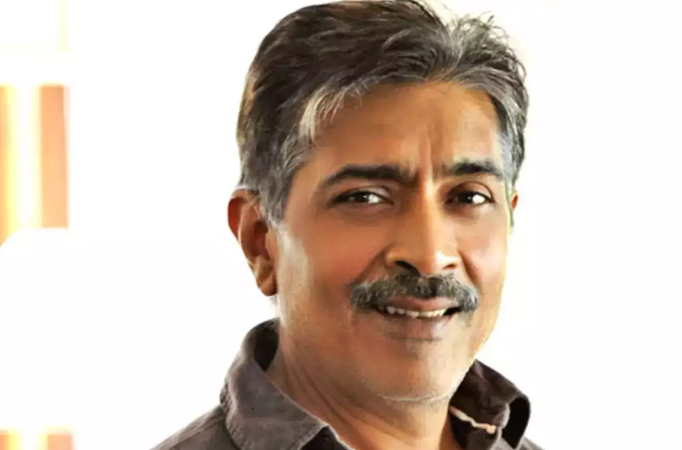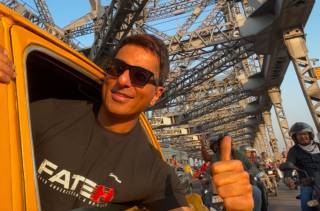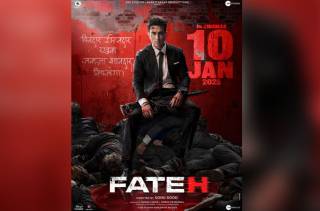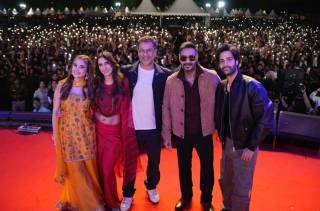
MUMBAI: National Award-winning filmmaker Prakash Jha, who is known for helming films like 'Damul', 'Gangaajal' and 'Raajneeti' among many others, has been exploring the craft of acting of late, and has churned out riveting performances that click with the audience.
One reason behind his impeccable work is his monumental experience of directing a broad range of actors.
Constant learning is the greatest asset of an artist, and the filmmaker believes in going out of his way to have this asset in his repository. In a recent conversation with IANS, Prakash Jha spoke about his stint in 'Highway Nights', the short film that has been receiving several accolades, the journey of finding an actor in himself and the essence of being an artist.
Talking about what appealed to him as an actor in 'Highway Nights', he said, "The best thing about 'Highway Nights' is that it's a very simple story yet it touches upon a very serious and irrelevant message of women empowerment and education for a girl child without being preachy. The message conveyed by the script comes out in a very organic manner. That precisely appealed to me."
Recollecting his experience on the sets, he said, "I got to learn a lot from my co-actors in 'Highway Nights'. Learning is a process that should never stop. One should take the initiative to learn from every opportunity that's thrown at them. When I work as an actor, I focus on just my craft and nothing else. I go with what my director tells me. The entire process of approaching this character was very fulfilling to me as an actor."
He reveals what it has been like to venture into the craft of acting in parallel to filmmaking, "The journey for me of finding an actor in me has been very special, I have learnt from my peers, my associates and the actors, whom I work with."
Ask him how important it is for art to be political, he says, "I believe whenever an artist sits down to create art, they should keep their personal politics or worldview aside. As an actor you have to adapt to a particular character's psychology, its politics and its perspectives. An artist should be able to welcome every ideology in their scope of work."
In the modern world, the relationships are governed by market forces, the warmth in relationships has slowly vanished over the years, making them very mechanical. And as per him, the same reflects in stories as well, "The writing and sketching of characters automatically exhibits the nature of market forces in a story."
When probed if such a setting makes it easy to craft a satire, he says, "I don't know if portraying a satire becomes easy or difficult in a situation like this; it depends entirely on the character and the story and the intent of the writer and director."
But, maybe one day, the stories will get liberated from the clutches of market forces. The director rounds up the conversation with a compelling thought, "Creation is born out of constant changes that happen not just in a society but the nature and the world at large."
SOURCE : IANS







.png)









Add new comment